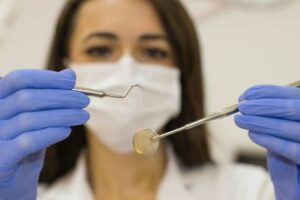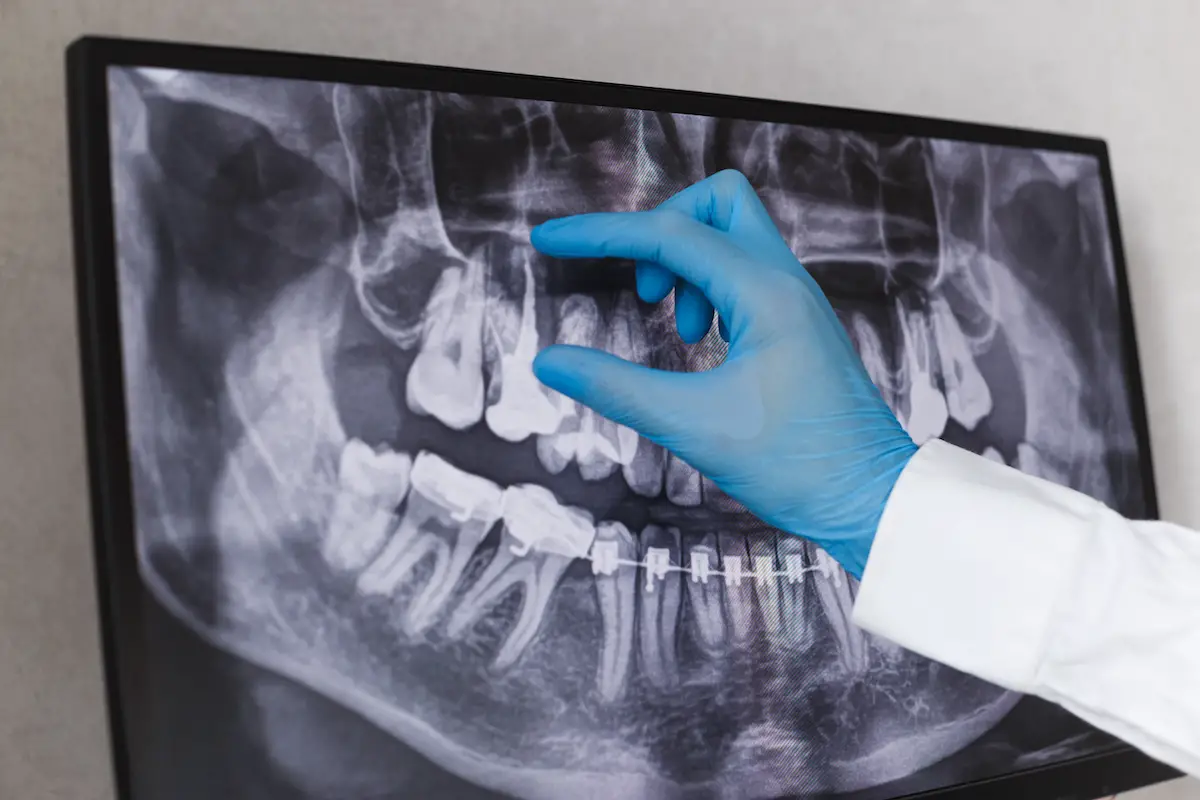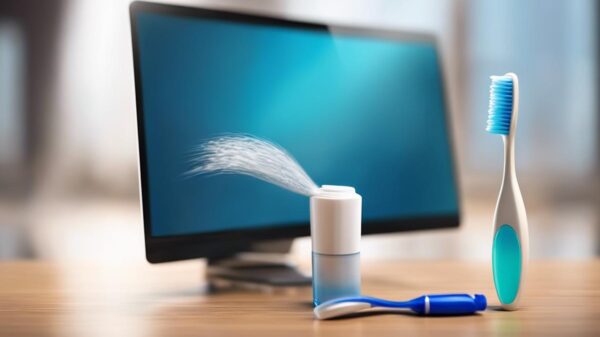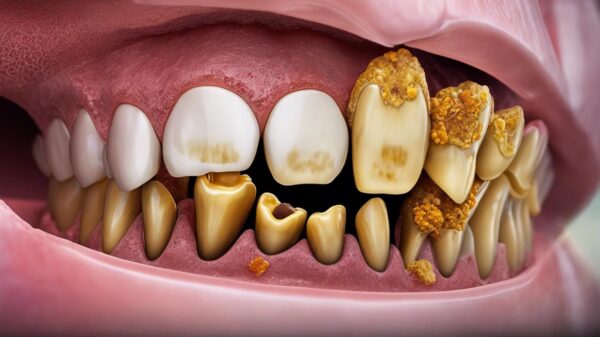Exercising After a Root Canal
Visiting the dentist is a major fear that many people have; the need for a dental procedure exacerbates that fear even more. Taking care of your oral health is just as important as taking care of your overall health, which means that root canals and tooth extractions are sometimes necessary. While it can be intimidating to have to undergo one of these procedures, there are certain things you can do to help speed up the recovery process. In this article, I’ve answered many of the questions you may have surrounding a root canal.
So, can I exercise after having a root canal? The dental experts at Dental Associates of Rogersville say that you should avoid exercising for a minimum of two days after a root canal. Recovering from a procedure of any kind involves a resting period so that your body can adjust and start healing without any interruptions or potential accidents. If you start exercising too soon it can lead to bleeding and pain, and it can make the healing process take longer.
Talk with your dentist about when you can start exercising again – they may want you to start back slowly. By easing your way back into it, you can actually help kick-start the healing by increasing blood flow and allowing your body to adjust back to a normal schedule – but only after resting the required amount of time!
 What Exactly Is A Root Canal?
What Exactly Is A Root Canal?
A root canal treatment is designed to eliminate bacteria from an infected tooth in order to prevent reinfection and save the natural tooth. Tooth and oral pain is some of the worst you can experience, it’s uncomfortable and hard to treat.
If you are experiencing toothaches, it’s important to go see your dentist so that you can take care of the problem before it becomes worse.
Depending on the state of your pain, your dentist may recommend a root canal. Unlike the old days, root canals are extremely routine procedures that are relatively painless and will have you eating and pain-free in no time.
Inside your tooth is a soft tissue called pulp, which contains blood vessels, nerves, and connective tissue. During a root canal procedure, your dentist will go in and remove the inflamed and infected pulp of the tooth. Then the tooth will undergo a thorough cleaning, is disinfected, filled, and then sealed.
How Long Does A Root Canal Take?
Similar to fillings, root canals are typically same-day, in-house procedures. Your dentist, or endodontist, will apply a numbing medication to the gum surrounding the affected area and then inject a local anesthetic. Once the area is numb, they will drill a small hole in the top of the tooth, clean out the infected pulp, disinfect, fill, and seal.
Root canals will typically take a bit longer than routine fillings, but in most cases it will only require one appointment that lasts around 30 minutes to an hour. Some more severe cases may take longer, about 90 minutes or more, or require a second appointment if a permanent filling or crown is needed.
The type of tooth that needs treatment can impact how long the procedure may take, as well as how many canals need cleaning. Some teeth only have one root, while others may have up to three.
Canines and incisors – the teeth in front of your mouth only have one root and are easier to fill, premolars toward the middle of your mouth may have one or two roots, and molars in the back of your mouth have up to four roots.
Moving from front to back, a root canal will take 30 minutes for the canines, about an hour for premolars, and closer to 90 minutes for molars.
How Do You Know You Need a Root Canal?
Root canals are needed for many different reasons including: cracked teeth, deep cavities, and tooth decay. Some of the symptoms you may experience include extreme pain while biting or chewing, lingering sensitivity to hot or cold temperatures, swollen or tender gums, decay or darkening of the gums.
Unlike other parts of the body, teeth are unable to heal themselves. Once they become infected, if left untreated, they can infect and spread to other teeth and areas of your mouth. A root canal is the only way to get rid of the infection and preserve your natural tooth, otherwise an extraction will be necessary.
Similar to other dental procedures, root canals can cause a bit of soreness and discomfort for a few days – but you’ll soon be back to normal, smiling and eating like nothing happened!
 How Do You Recover From A Root Canal?
How Do You Recover From A Root Canal?
The numbing agent used during your root canal will typically last for about 2-4 hours after the procedure, making eating a bit difficult. But, most individuals are easily able to return to work or school afterwards.
Recovery after a root canal is more minimal than other procedures, but it is important that you listen to your body and pay attention to anything that seems unusual. You should avoid eating after your procedure until your mouth is no longer numb. Ice packs are helpful to reduce any swelling and keep any pain from spiking.
Stocking up on soft foods may be a good idea so that you can give your mouth a rest after the root canal. Things like yogurt, mashed potatoes, applesauce, soup, and ice cream are always good post-dental procedures.
You should not exercise for two days after your root canal so as to avoid agitating the tooth and affected area. Resting is important as it will help your body adjust quicker and start the healing process faster. If you experience pain, bleeding, or extreme discomfort you should call your dentist.
How Much Does A Root Canal Cost?
The cost of a root canal will vary depending on how complex the problem is and which tooth is affected. Teeth that have more roots to be treated, like molars, will cost more.
Dental insurance will typically cover some of the cost of a root canal, but you should contact your agent and talk to your dentist on how much you should expect to pay.
Generally, a root canal will be less expensive than a tooth extraction so even though it may be scary, trust your dentist and get it done. You don’t want any non-treatment to create more problems down the road.
Take Time to Relax and Heal
While you may be an exercise-junkie and find it hard to sit still for more than a few minutes, it is important to allow your body time to heal. Two days of rest are recommended before going back to your regular activities.
If you need help resting, have a friend come over and watch movies on the couch, take a nap, or read a book.
It can be hard to be out-of-commission, but it is what’s best for your body. And, when you get back to exercising, you can enjoy and appreciate it even more!
Talk with your dentist about a recovery timeline and be sure to ask about your exercise. It is likely that they will suggest you start back slowly so as not to agitate the area. Walking to get the blood flow moving is a great way to get started.
 Related Questions
Related Questions
What Are the Risks of a Root Canal?
Like any medical procedure, there can be risks to a root canal. The root canal is performed in an effort to save and preserve the natural tooth; however, sometimes the damage is too extensive and extraction is the best option.
Another risk associated with root canals is the development of an abscess. If some of the infected material is left behind or antibiotics are not effective, an abscess can appear. If this happens, it may be necessary to re-treat the tooth, or drain the swollen area.
Signs that the antibiotics are not working and that a potential infection is still present include: pain, fever, swelling, and pus – you should contact your dentist immediately if this happens.
What Happens After a Root Canal?
Root canals are considered to be restorative procedures, which means you should be able to act as though your tooth was never infected in the first place. However, how long this lasts is up to how you take care of your teeth.
Good oral hygiene is necessary, not only for your oral health but for your overall health as well. You should visit your dentist twice a year (every six months), brush your teeth twice a day for at least two minutes each, and floss twice a day, or ideally, after you eat.
By taking care of your teeth, you prolong their health and avoid problems down the road. Avoiding dental treatment for any reason can create issues that can impact your overall health and cost more money to fix.












